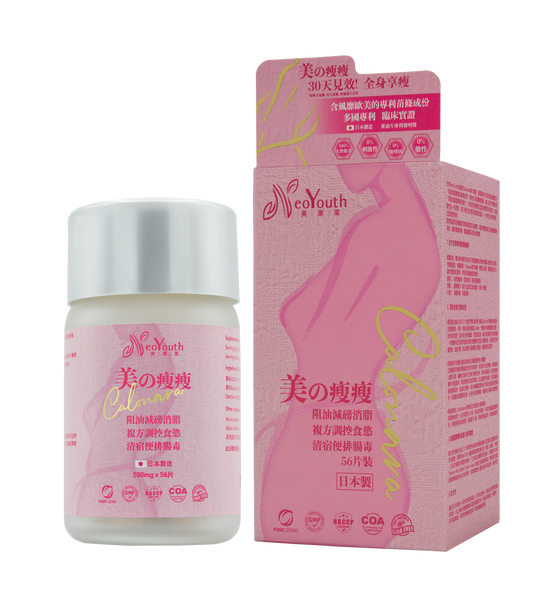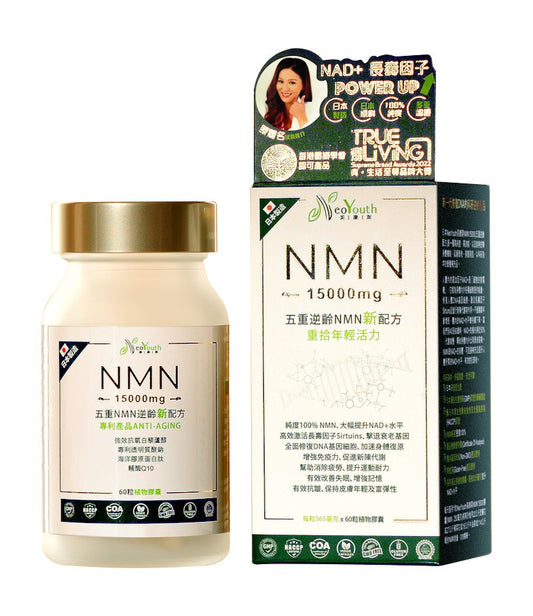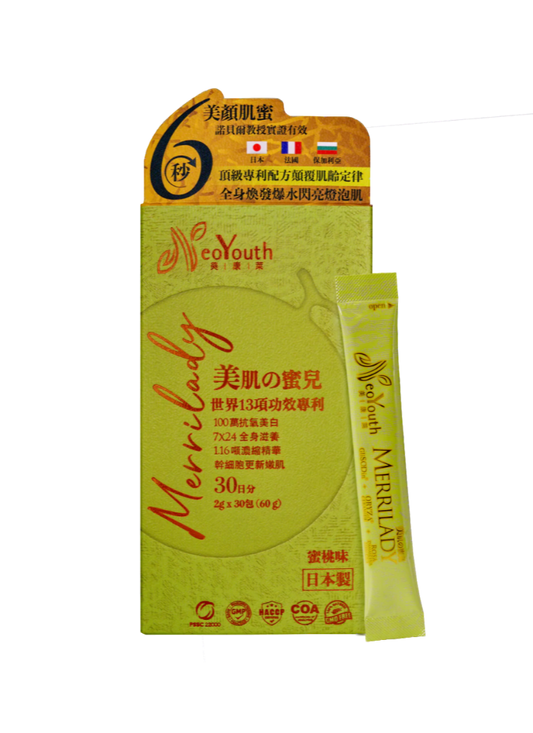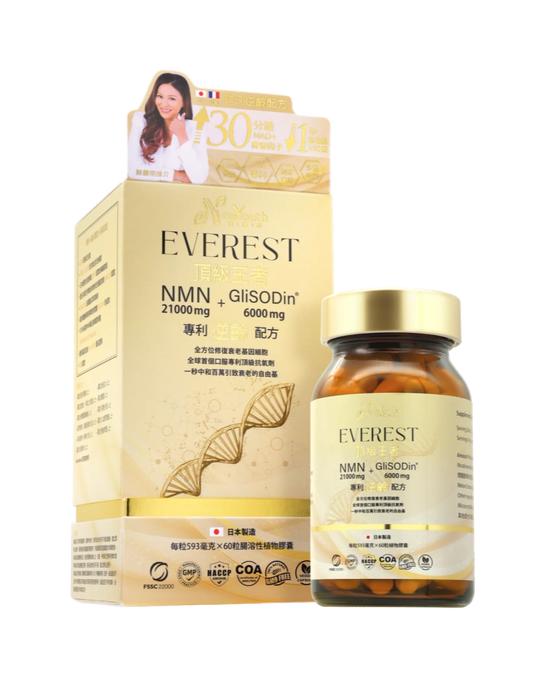In today's society, supplements have become a part of many people's daily lives. However, even choosing multiple supplements does not necessarily mean they are good, and excessive consumption of supplements may burden the body and lead to health problems.
Q1. What are the harmful effects of taking excessive amounts of supplements?
- Increased health risks: Excessive consumption of supplements may harm the body. For example, excessive vitamin A intake may cause symptoms such as headaches, nausea, vomiting, and itchy skin, while excessive iron intake may cause symptoms such as constipation, abdominal pain, and nausea. Therefore, excessive consumption of supplements may increase health risks.
- Nutritional Imbalance: Excessive consumption of certain supplements can lead to nutritional imbalances. For example, excessive calcium intake may reduce the body's absorption of magnesium, leading to magnesium deficiency. Excessive consumption of a single vitamin may also lead to deficiencies in other vitamins. These nutritional imbalances can have adverse effects on the body.
Q2. Why is it better to choose a nutritional supplement with multiple benefits?
The reasons for choosing a multi-functional nutritional supplement are as follows:
- Avoid Overconsumption: Choosing a multivitamin can help prevent overconsumption of supplements. Multivitamins typically contain multiple vitamins and minerals to meet various nutritional needs. In contrast, consuming multiple different supplements may lead to overconsumption of certain nutrients, resulting in health risks and nutritional imbalances. In particular, excessive intake of fat-soluble vitamins can accumulate in the liver and body fat tissue, increasing the burden on the body.
- Comprehensive nutrition offers better results: Multivitamins are typically products that combine multiple nutrients, providing more comprehensive nutritional support. For example, when choosing NMN products, you can opt for potent antioxidants like resveratrol, sodium hyaluronate, marine collagen peptides, and coenzyme Q10, thus supplementing a diverse range of substances through a single product. In contrast, single supplements may not be able to meet these needs. The National Institutes of Health (NIH) states that multivitamins are generally a better choice because they provide multiple nutrients, thus better meeting the body's nutritional needs. Furthermore, the NIH points out that choosing a multivitamin can help people avoid overconsumption of certain nutrients, thereby reducing health risks and the risk of nutritional imbalances.
Therefore, readers can refer to the diversity of nutrients when purchasing supplements.
Source:
Harvard Health Clinic: Are You Taking the Right Nutritional Supplements?
ETNET Economic News, Nutritionist Li Xingyu's article "Trending Nutritional Supplements! What Supplements Should Different Ages Take? Can Multiple Supplements Be Taken Simultaneously? Nutritionist Answers Your Questions!"
National Institutes of Health (NIH) Multivitamin/mineral Supplements




